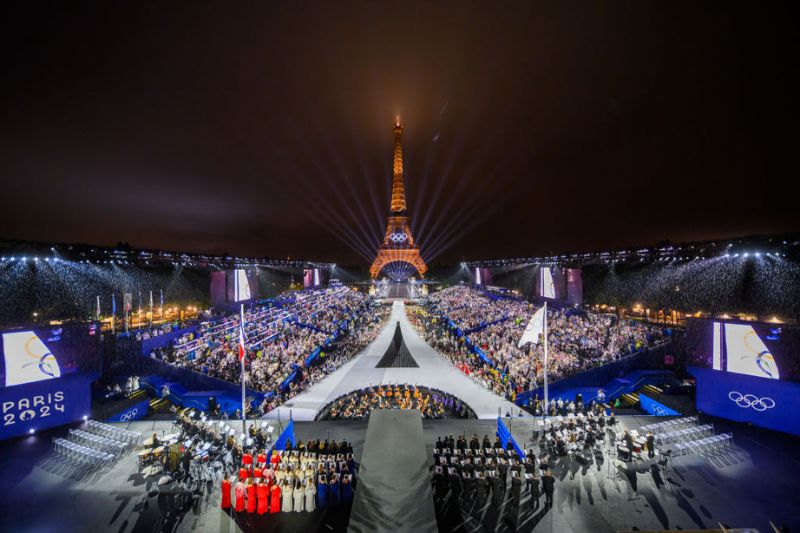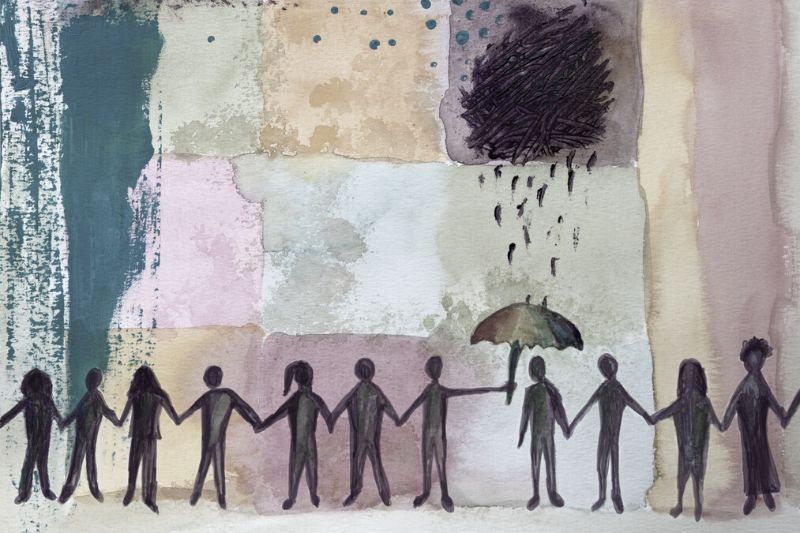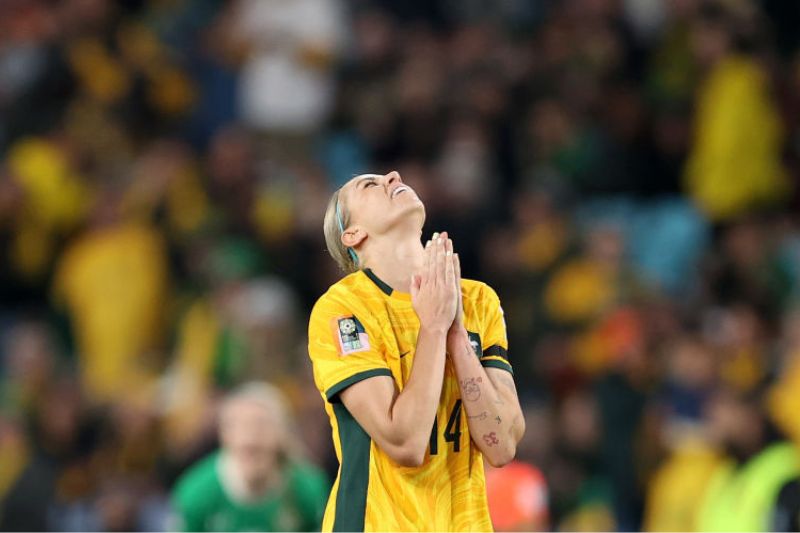Keywords: Cricket Australia
There are more than 24 results, only the first 24 are displayed here.
Become a subscriber for more search results.
-

AUSTRALIA
- Jenny Sinclair
- 28 March 2025
The origins of Australian Rules Football are officially recorded, but not necessarily complete. As new questions emerge about Tom Wills, marngrook, and the silences in our national story, the game’s history becomes a mirror reflecting not only what we remember, but what we choose to forget.
READ MORE 
-

ARTS AND CULTURE
- Ken Haley
- 12 December 2024
Lech Blaine’s Australian Gospel is a quintessentially Australian tale of faith, family, and identity. Blaine explores the fractures of belief and belonging in an effervescent and vivid work of creative nonfiction. But where does the ‘non-’ stop and the ‘fiction’ begin?
READ MORE 
-

AUSTRALIA
- Peter Craven
- 05 December 2024
Tom Hughes, who passed away at 101, was a towering figure in Australia’s legal and political history. A barrister of dazzling skill, an Attorney-General with a penchant for reform, and a man of unshakable conviction, Hughes combined wit, charm, and grit to shape justice and inspire a legacy beyond party lines.
READ MORE
-

AUSTRALIA
- Stephen Alomes
- 11 November 2024
2 Comments
On Remembrance Day, we’re called to confront war’s real toll — not just on soldiers but on civilians, families, and especially children. From WWII’s devastated cities to today’s ravaged Gaza, can we reframe our commemorations to reflect the universal, harrowing cost of war beyond national myths?
READ MORE
-

INTERNATIONAL
- Binoy Kampmark
- 05 August 2024
The pain cities endure while hosting large sporting events like the Olympics has proved considerable. They exert a remarkable strain on budgets, disrupt commerce, compromise valuable real estate, inflict environmental harm, and often result in evictions and displacements of vulnerable residents.
READ MORE
-

INTERNATIONAL
- Gillian Bouras
- 06 June 2024
7 Comments
The Prime Minister of Poland announced a $2.5 billion plan to fortify borders with Russian Kaliningrad and Belarus, highlighting the ongoing struggle for stability and security in a continent preparing for a future of conflict.
READ MORE
-

INTERNATIONAL
- Jeremy Clarke
- 14 February 2024
In China, the resurgence of traditional Hanfu garb from the Han dynasty is capturing the imagination of social media users, sending a multi-layered message about Chinese identity. The trend goes beyond most online fads, subtly conveying China's desire to project cultural and political influence.
READ MORE
-

AUSTRALIA
- Kerry Murphy
- 04 January 2024
Throughout recent decades of Australian history, the stance every government has taken on asylum seekers has reflected the shifting political landscapes and challenging humanitarian issues that have continually shaped Australia's response to those seeking refuge.
READ MORE 
-

AUSTRALIA
- Michael McVeigh
- 24 November 2023
2 Comments
Australia's victory in the 2023 Cricket World Cup in the face of India's home advantage is a tale of unexpected triumph. This victory goes beyond cricket, illustrating how small factors can drastically influence outcomes, leading to greater lessons on resilience and the surprising nature of grace.
READ MORE 
-

AUSTRALIA
- Barry Gittins
- 16 August 2023
1 Comment
Australia's wellbeing report reveals a nation under strain. The report, aligning with Treasurer Jim Chalmers' vision of aligning economic and social goals in Australia, evaluates mental health, income equality, and connection as communities still feel the aftershocks of the pandemic.
READ MORE
-

AUSTRALIA
- Andrew Hamilton
- 03 August 2023
5 Comments
As our teams struggle for victory on the playing field, is there a deeper meaning to winning that transcends mere conquest? Could our obsession with triumph be being challenged by a more nuanced understanding of success, encompassing not just the game, but politics, relationships, and the very essence of human connection?
READ MORE
-

AUSTRALIA
- Kerry Murphy
- 28 July 2023
How has Australia's asylum seeker policy changed over the past thirty years? The approach of every government has reflected the shifting political landscapes and challenging humanitarian issues that have continually shaped Australia's response to those seeking refuge.
READ MORE 